There are two common misunderstandings about marriage that need to be addressed in Orthodox theology. One is the belief that marriage exists solely for procreation. This would imply that couples without children should divorce, which is not the teaching of the Holy Tewahedo Church. St. John Chrysostom emphasized that the primary purpose of marriage is for a man to be content with one woman and that procreation is not an absolute requirement. Marriage is meant for man and woman to become one, reflecting the unity of the Holy Trinity.
Another misconception is that marriage is a concession to human weakness, preferable to committing adultery. This view, based on a misinterpretation of 1 Cor. 7:2-9, was held by some early Christian heretical groups. The Orthodox Tewahedo Church strongly opposes this distortion, affirming that sexual union within marriage is neither unclean nor unholy. Prayers from the Orthodox marriage rite highlight the sanctity and purity of marital union.
In Orthodox Tewahedo Christianity, sexual life within marriage is considered compatible with purity and chastity. This means a sexual life free from the distortions that resulted from the Fall. The mutual love in marriage evolves into a deep unity, encompassing the entire person, beyond mere physical union. Marriage is a quest for mutual sacrifice, where partners share their lives and bear each other’s burdens. The ultimate goal of marriage, like all sacraments, is the deification of human nature and union with Christ.
Marriage transforms individuals, helping them overcome loneliness and egocentricity, completing and perfecting their personalities. Abba Alexander, a contemporary Orthodox priest and theologian, describes marriage as an initiation and mystery that transforms and enlarges one’s personality. In marriage, individuals gain a new perception of life, experiencing the world more fully through their partner. This union is further enriched by the birth of a child, making the dyad a triad.
Christ is ever-present in Orthodox Tewahedo Christian marriage, conducting the marriage rite through the Bishop or Priest, who presents Christ to the couple. The story of the wedding at Cana is read during the marriage ceremony to symbolize the transformation of daily life into a continuous celebration of love.
Another misconception is that marriage is a concession to human weakness, preferable to committing adultery. This view, based on a misinterpretation of 1 Cor. 7:2-9, was held by some early Christian heretical groups. The Orthodox Tewahedo Church strongly opposes this distortion, affirming that sexual union within marriage is neither unclean nor unholy. Prayers from the Orthodox marriage rite highlight the sanctity and purity of marital union.
In Orthodox Tewahedo Christianity, sexual life within marriage is considered compatible with purity and chastity. This means a sexual life free from the distortions that resulted from the Fall. The mutual love in marriage evolves into a deep unity, encompassing the entire person, beyond mere physical union. Marriage is a quest for mutual sacrifice, where partners share their lives and bear each other’s burdens. The ultimate goal of marriage, like all sacraments, is the deification of human nature and union with Christ.
Marriage transforms individuals, helping them overcome loneliness and egocentricity, completing and perfecting their personalities. Abba Alexander, a contemporary Orthodox priest and theologian, describes marriage as an initiation and mystery that transforms and enlarges one’s personality. In marriage, individuals gain a new perception of life, experiencing the world more fully through their partner. This union is further enriched by the birth of a child, making the dyad a triad.
Christ is ever-present in Orthodox Tewahedo Christian marriage, conducting the marriage rite through the Bishop or Priest, who presents Christ to the couple. The story of the wedding at Cana is read during the marriage ceremony to symbolize the transformation of daily life into a continuous celebration of love.
Holy Matrimony: A Deeper Understanding of Marriage
The love between a man and a woman is central in Scripture, with holy couples like Abraham and Sarah receiving blessings from God. Marriage, established by God in Paradise and further blessed by Christ at Cana, symbolizes the profound relationship between Christ and the Church.
The love between a man and a woman is a central theme in many books of the Sacred Scripture. The Book of Genesis highlights holy and pious couples such as Abraham and Sarah, Isaac and Rebecca, and Jacob and Rachel. These couples received a special blessing from the Lord, which manifested in the multiplication of their descendants. The Song of Songs praises love, maintaining its literal meaning despite various allegorical and mystical interpretations in patristic tradition.
In the Old Testament, God’s relationship with Israel is often compared to that of a husband and wife. This imagery is so profound that unfaithfulness to God and idolatry are paralleled with adultery and prostitution. The Apostle St. Paul further develops this imagery, likening marital love to the love between Christ and the Church (Eph. 5:20-33).
Marriage was established by God in Paradise. After creating Adam and Eve, God instructed them to “be fruitful and multiply” (Gen. 1:28), intending for this multiplication to occur through marriage. The union of a man and a woman is inherent to human nature, not a consequence of the Fall. This union was further blessed by Christ when He performed His first miracle at the wedding in Cana of Galilee. St. Cyril of Alexandria noted that Christ blessed marriage in line with His incarnation.
In the Old Testament, God’s relationship with Israel is often compared to that of a husband and wife. This imagery is so profound that unfaithfulness to God and idolatry are paralleled with adultery and prostitution. The Apostle St. Paul further develops this imagery, likening marital love to the love between Christ and the Church (Eph. 5:20-33).
Marriage was established by God in Paradise. After creating Adam and Eve, God instructed them to “be fruitful and multiply” (Gen. 1:28), intending for this multiplication to occur through marriage. The union of a man and a woman is inherent to human nature, not a consequence of the Fall. This union was further blessed by Christ when He performed His first miracle at the wedding in Cana of Galilee. St. Cyril of Alexandria noted that Christ blessed marriage in line with His incarnation.

